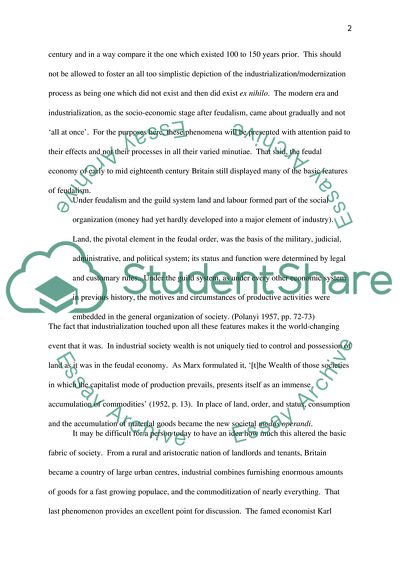Cite this document
(“Britain's transition from a predominantly rural pre-industrial nation Essay”, n.d.)
Britain's transition from a predominantly rural pre-industrial nation Essay. Retrieved from https://studentshare.org/miscellaneous/1561100-britains-transition-from-a-predominantly-rural-pre-industrial-nation-to-a-more-urbanized-industrialised-country-was-the-key-change-in-economic-and-social-development-in-the-century-after-1750-discuss
Britain's transition from a predominantly rural pre-industrial nation Essay. Retrieved from https://studentshare.org/miscellaneous/1561100-britains-transition-from-a-predominantly-rural-pre-industrial-nation-to-a-more-urbanized-industrialised-country-was-the-key-change-in-economic-and-social-development-in-the-century-after-1750-discuss
(Britain'S Transition from a Predominantly Rural Pre-Industrial Nation Essay)
Britain'S Transition from a Predominantly Rural Pre-Industrial Nation Essay. https://studentshare.org/miscellaneous/1561100-britains-transition-from-a-predominantly-rural-pre-industrial-nation-to-a-more-urbanized-industrialised-country-was-the-key-change-in-economic-and-social-development-in-the-century-after-1750-discuss.
Britain'S Transition from a Predominantly Rural Pre-Industrial Nation Essay. https://studentshare.org/miscellaneous/1561100-britains-transition-from-a-predominantly-rural-pre-industrial-nation-to-a-more-urbanized-industrialised-country-was-the-key-change-in-economic-and-social-development-in-the-century-after-1750-discuss.
“Britain'S Transition from a Predominantly Rural Pre-Industrial Nation Essay”, n.d. https://studentshare.org/miscellaneous/1561100-britains-transition-from-a-predominantly-rural-pre-industrial-nation-to-a-more-urbanized-industrialised-country-was-the-key-change-in-economic-and-social-development-in-the-century-after-1750-discuss.


